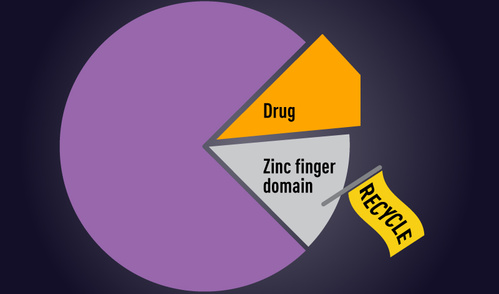Faeth Therapeutics has launched a new R&D initiative aimed at preserving neurocognitive function in children with tyrosinemia type 1 (TT1), marking a significant expansion of its platform beyond oncology into inherited metabolic disorders. This initiative is supported by MetabOS, a computational model that integrates gene expression and tumor microenvironment data to identify previously overlooked dependencies, simulating interactions between drug combinations and nutrients to propose optimized therapeutic regimens.
While current TT1 therapies effectively prevent liver failure, patients continue to face significant unmet needs, particularly concerning neurocognitive impairment. Untreated, TT1 can lead to severe liver and kidney toxicity in infancy, and although standard therapies substantially improve survival rates, they come with warnings of potential intellectual disability and developmental delays. Faeth’s new program aims to alter this trajectory and improve patient outcomes.
Faeth CEO Anand Parikh emphasized that exploring biology through a metabolic lens reveals insights that traditional drug development approaches may miss. The company plans to file an Investigational New Drug (IND) application within the year to advance its TT1 program into clinical trials, starting with older children or adults and focusing on long-term cognitive outcomes. Chief Scientific Officer Oliver Maddocks noted that this cross-disease expansion of their discovery platform demonstrates its potential to systematically develop new metabolism-driven therapies. Founded by leading researchers, Faeth Therapeutics leverages its AI-driven MetabOS platform to identify metabolic targets, aiming to exploit vulnerabilities in cancer and rare diseases alike.
Open the full market picture for your next decision →



